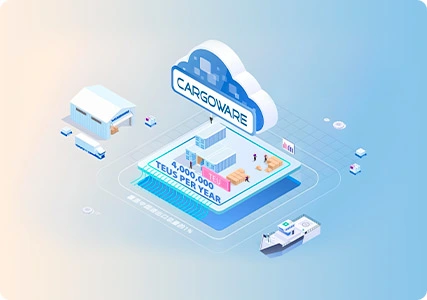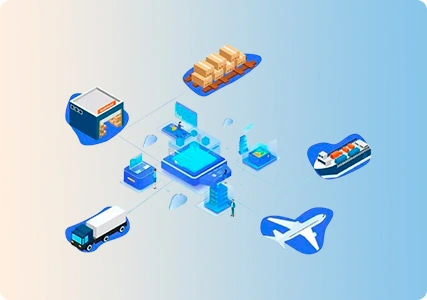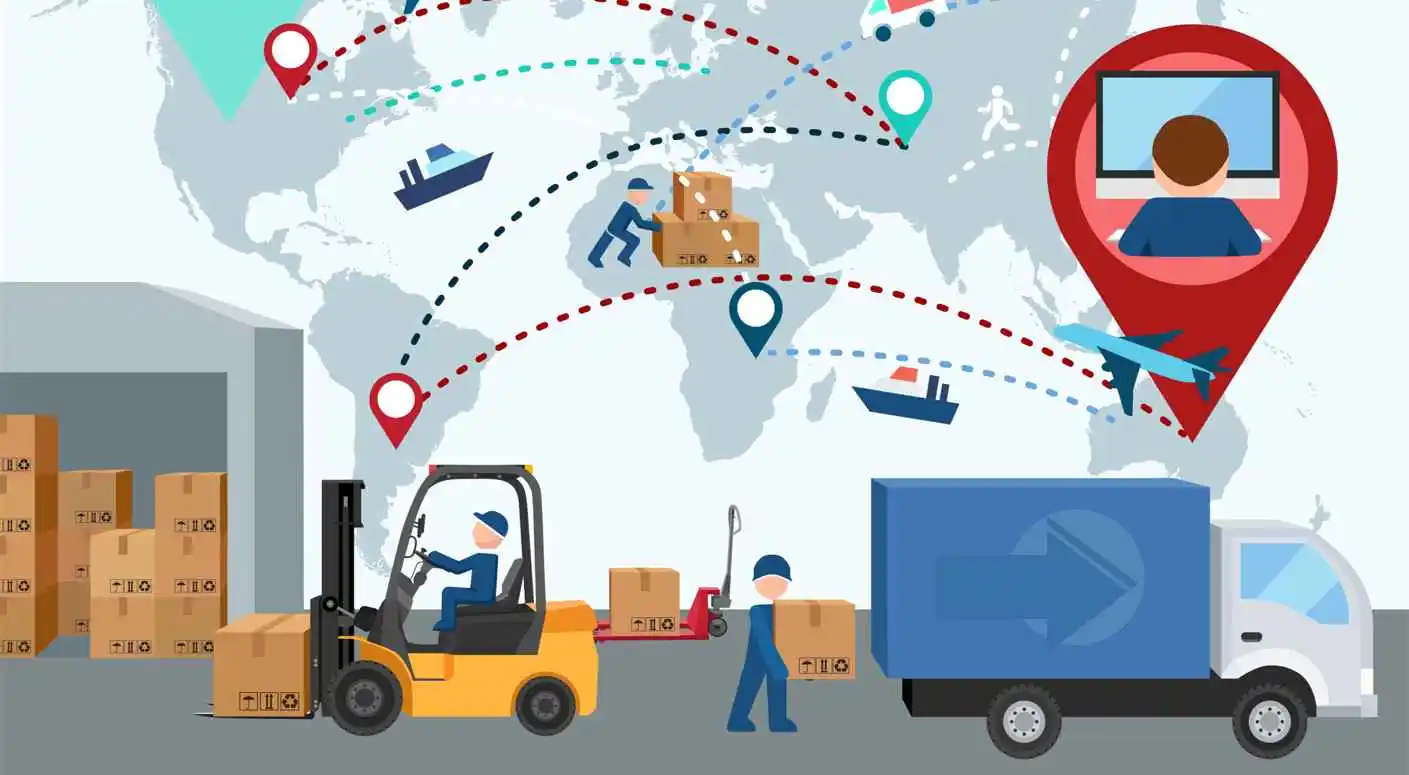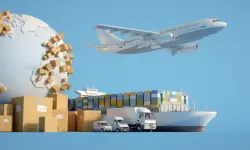The international logistics supply chain has become a critical component of businesses worldwide in today's interconnected global economy. It is the backbone for the seamless movement of goods across borders, facilitating trade and driving economic growth. However, in recent years, the landscape of international logistics supply chains has been evolving rapidly, ushering in a new era of competition.
The globalization of markets and the rise of e-commerce have significantly increased the complexity and demand for international logistics services. Companies now face higher customer expectations for faster and more reliable deliveries, placing immense pressure on logistics providers to innovate and optimize their operations.
In this new era of competition, logistics providers must adapt to these changes and embrace innovation to stay competitive. Collaboration and partnerships across the supply chain are becoming increasingly important as companies seek to create resilient and agile supply networks capable of responding to unforeseen challenges.
Government policies and trade agreements also play a significant role in shaping the international logistics landscape. Changes in tariffs, customs procedures, and trade regulations can profoundly impact the efficiency and cost-effectiveness of logistics operations.
The global cross-border e-commerce and logistics markets have gradually returned to normal development in the past two years. The channel dividend has disappeared, and the mass distribution model has ended. The previous price wars and scale-based competition models can no longer sustain the industry's long-term development. A new competition phase has begun, centered around the "full-chain + decoupling" capabilities. Despite weak overseas consumption and a return to normal market conditions, cross-border e-commerce exports remain on a vibrant growth trajectory with solid development potential.
According to customs statistics, in the first half of the year, China's total import and export value of goods exceeded 20 trillion yuan for the first time in historical terms, with a year-on-year growth of 2.1%. Cross-border e-commerce continues to demonstrate its advantages and potential in "buying globally and selling globally," with a total import and export value of 1.1 trillion yuan, a year-on-year increase of 16%. Among them, exports reached 821 billion yuan, growing by 19.9%, maintaining a positive development momentum.
In conclusion, the international logistics supply chain has entered a new era of competition marked by increased complexity, technological advancements, and the need for resilience in the face of global challenges. Companies and logistics providers that can adapt, innovate, and build robust supply chain networks will be well-positioned to thrive in this evolving landscape.
After nearly 12 years of steady development, WallTech has built a cloud service product matrix based on two major platforms: CargoWare for international freight logistics and eTower for cross-border e-commerce logistics collaboration. One of the critical visions of the two major global logistics cloud platforms built by WallTech is to create a highly open and resource-sharing business network, establishing an ecosystem of value-added services. This ecosystem serves international logistics companies and their upstream and downstream business partners for efficient and convenient digital transactions and operational collaboration. Currently, within the CargoWare freight forwarding system, there are quality service providers in areas such as bill of lading, customs, insurance, legal consulting, and more, building versatile cooperation bridges for various stakeholders in the industry.










